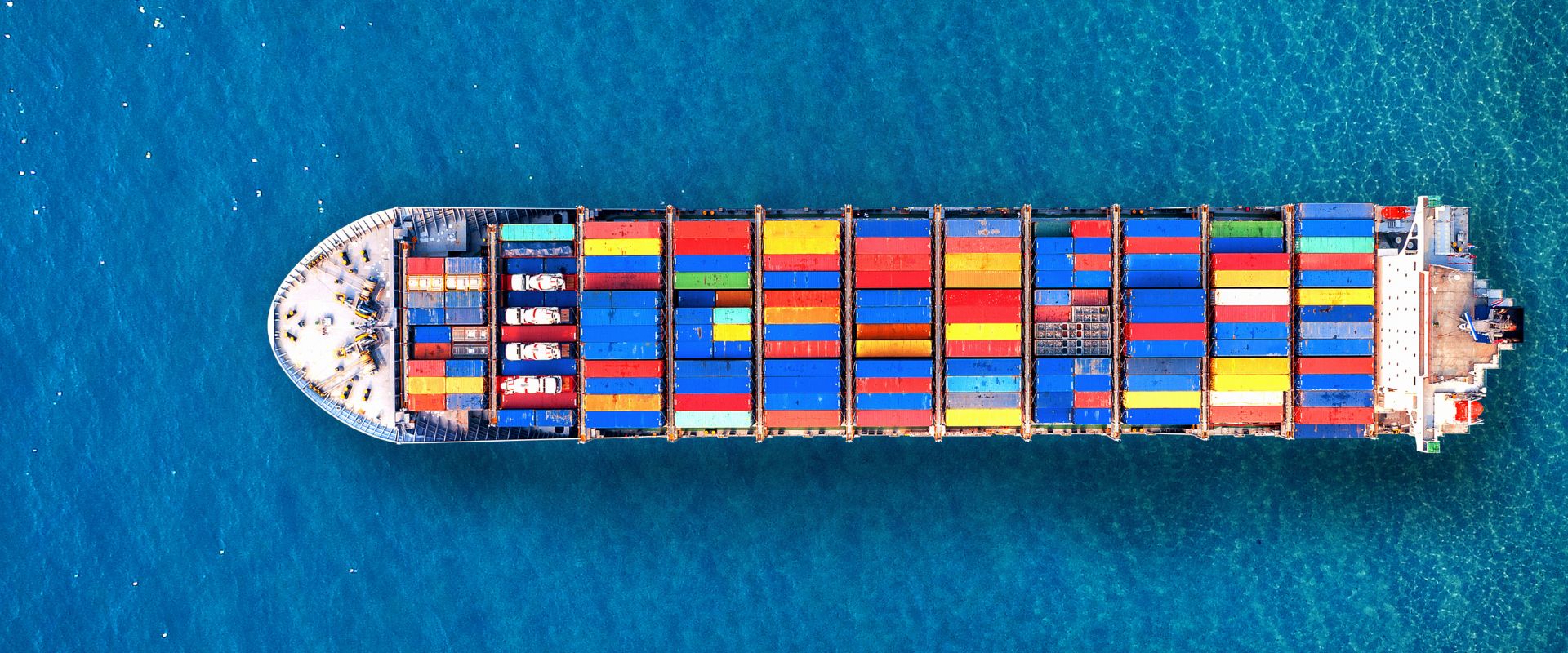Transport and Logistics Sector in Saudi Arabia: A Landscape of Opportunities
- Introduction
- Overview of the Saudi Logistics Sector
- Saudi Master Plan for Global Logistics Centres
- Special Economic Zones with a Focus on the Logistics Sector
- Unified Logistics License in Saudi Arabia
- Enter the Saudi Transport and Logistics Sector with Al Taasis

Introduction
Saudi Arabia is embarking on a transformative journey to boost its economy through the National Strategy for Transport and Logistics Services. This ambitious initiative is a key pillar of Saudi Arabia’s Vision 2030, which targets enhancement across all transport sectors, including air, sea, land, and railways. The goal is to elevate the Kingdom into the top 10 countries in the Logistics Performance Index by 2030. At the heart of this strategy lies the aim to establish Saudi Arabia as a top international logistics hub.
This plan is not just about strengthening global connections; it’s also about leveraging Saudi Arabia’s unique geographical location at the crossroads of Asia, Africa, and Europe. By developing a sophisticated logistics services industry, implementing high-quality service systems, and adopting competitive business models, the country aims to diversify its economy. These efforts are expected to drive increased productivity and sustainability in the logistics sector, marking a significant step towards a more prosperous and interconnected future.
Overview of the Saudi Logistics Sector
Saudi Arabia’s logistics sector, a key part of the National Strategy for Transport and Logistic Services, is crucial due to the country’s strategic location on major global trade routes. The Ministry of Transport and Logistics is dedicated to enhancing this sector, focusing on developing the logistics industry, improving exports, expanding investments, and partnering with the private sector. Geographically, Saudi Arabia is uniquely situated on the Arabian Gulf and the Red Sea, making it an important global trade with a significant portion of the world’s oil and trade passing through its waters. This position enables it to connect markets of over 6 billion people.
The Kingdom has shown remarkable progress in logistics efficiency, evidenced by its improved rankings in global indices, including a significant jump in the World Bank’s Logistics Performance Index in April 2023. Saudi Arabia also strengthens its logistic sector with initiatives like the Al-Khamra Logistics Zone.
Saudi Master Plan for Global Logistics Centres
Saudi Arabia’s master plan aims to significantly enhance its logistics sector as part of the broader National Transport and Logistics Strategy. The plan involves the development of logistic zones intended to accelerate exports, re-exports, and e-commerce and to stimulate trade through land ports. Key goals include increasing re-export revenues from 42 billion riyals ($11.2 billion) to 520 billion riyals ($138.65 billion), boosting export growth from 185 billion riyals ($49.33 billion) to 507 billion riyals ($135.18 billion), and expanding the e-commerce sector’s contribution from 6% to 23%.
Saudi Arabia will establish 59 logistics centres covering over 100 million square meters across the Kingdom. These centres will be strategically distributed, with 12 in Riyadh, 12 in Makkah, 17 in the Eastern region, and 18 in other areas. Currently, 21 centres are under construction, and all are expected to be operational by 2030.
This initiative reflects Saudi Arabia’s commitment to developing its logistics sector to support the national economy. By enhancing connections between international trade networks and global supply chains and fostering partnerships with the private sector, the country is ready to strengthen its position as a key player in the global logistics landscape.
Special Economic Zones with a Focus on the Logistics Sector
Saudi Arabia is enhancing its logistics sector by establishing special economic zones, offering unique incentives and facilities to boost economic growth and global trade connectivity. These special economic zones are integral to Saudi Arabia’s strategy to boost its logistics sector, providing conducive environments for businesses to thrive and connecting the Kingdom more closely to the global economy.
ILBZ: Located adjacent to King Khalid International Airport in Riyadh, the Integrated Logistics Bonded Zone (ILBZ) is a special economic zone to transform the Kingdom into a global transportation and logistics hub. It provides a business-friendly environment with incentives like 100% foreign ownership, full capital repatriation, a 50-year tax holiday (including VAT and customs suspension), complete customs and import restrictions suspension, and no tax withholding on payments to non-residents under certain conditions.
KAEC SEZ: The King Abdullah Economic City (KAEC) SEZ, near Jeddah on the Red Sea, is the Kingdom’s leading zone for advanced manufacturing and logistics. Its strategic location provides easy access to global trade routes through the King Abdullah Port, ranked the world’s most efficient port by the World Bank in 2022. This SEZ offers businesses access to a skilled workforce and is a gateway to international markets.
Jazan SEZ: Situated to leverage Saudi Arabia’s rich mineral, metal, and industrial assets, the Jazan SEZ is ideally positioned to attract businesses and investors. It serves as a hub for production and trade, particularly in the logistics sector, while providing access to expanding markets in Africa and Asia.
Unified Logistics License in Saudi Arabia
Saudi Arabia has introduced the unified logistics license, consolidating various activities into a single unified license for logistics services related to land, air, and sea freight. The Kingdom has licensed over 1,500 local, regional, and international logistics companies. It aligns with the Fasah initiative, an integrated e-system in Saudi customs developed in collaboration with relevant government agencies.
The unified logistics license offers numerous benefits, streamlining procedures for companies acquiring the license in the sector. Its primary objective is to enhance and develop the logistic performance index through its services. This initiative is geared towards improving operations within the sector, leveraging promising investment opportunities to strengthen the local economy and its integration with the international market.
Enter the Saudi Transport and Logistics Sector with Al Taasis
Offering comprehensive support in the licensing process, Al Taasis simplifies the entry of new companies into the dynamic Saudi market. Our assistance doesn’t end with licensing; we also provide post-incorporation services designed to establish and nurture businesses. Our focus is not just on setting up operations but also on ensuring sustained growth and success. With a deep understanding of the local market dynamics and regulatory landscape, Al Taasis is your trusted partner in entering Saudi Arabia’s rapidly evolving transport and logistics sector.
Contact us to know more about the prerequisites of your business journey.
Subscribe to Our Newsletter!
Enter your email to receive our monthly newsletter.





